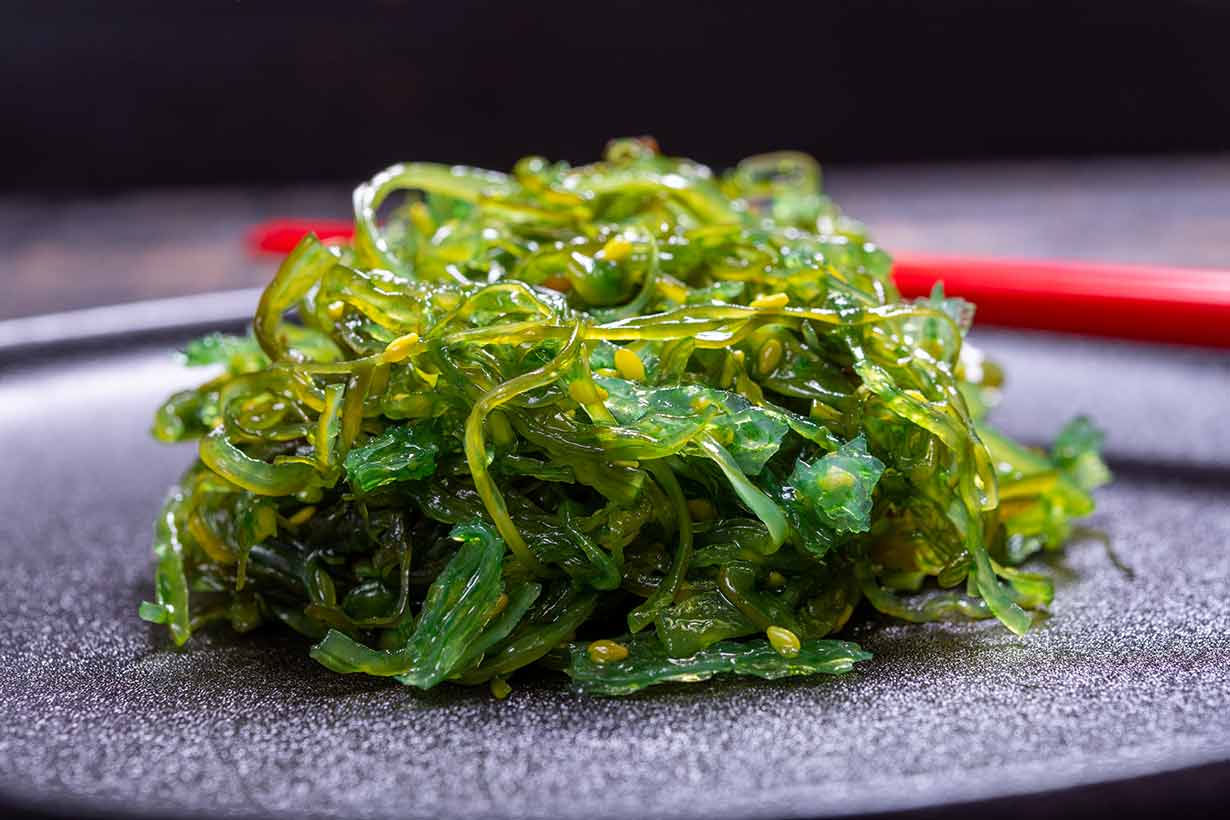
Sea vegetables might sound like something from a sci-fi movie, but they’re real and packed with nutrients. These oceanic greens, like kelp, nori, and dulse, are not only tasty but also super healthy. Did you know they’re rich in iodine, which helps keep your thyroid happy? Plus, they’re loaded with vitamins A, C, and E. If you’re looking to add more fiber to your diet, sea vegetables have got you covered. They also contain antioxidants that fight off those pesky free radicals. Ready to dive into the world of sea veggies? Let’s explore 15 fascinating facts about these underwater wonders!
Key Takeaways:
- Sea vegetables, like seaweed, are nutrient-dense marine algae with varieties such as nori, kelp, and dulse. They are low in calories, high in nutrients, and support thyroid health.
- These underwater greens offer health benefits, culinary versatility, and positive environmental impact. They are rich in antioxidants, can be used in sushi rolls and soups, and contribute to sustainable farming and carbon sequestration.
What Are Sea Vegetables?
Sea vegetables, often referred to as seaweed, are marine algae that grow in the ocean. They come in various shapes, sizes, and colors, offering a range of nutritional benefits. Let's dive into some fascinating facts about these underwater greens.
-
Rich in Nutrients: Sea vegetables are packed with vitamins and minerals, including iodine, calcium, magnesium, and vitamins A, C, and K.
-
Variety of Types: There are thousands of species of sea vegetables, but the most commonly consumed ones include nori, kelp, dulse, and wakame.
-
Low in Calories: Despite being nutrient-dense, sea vegetables are very low in calories, making them an excellent addition to a healthy diet.
Health Benefits of Sea Vegetables
Sea vegetables are not just tasty; they offer numerous health benefits that can improve overall well-being.
-
Boosts Thyroid Function: The high iodine content in sea vegetables supports thyroid health, which regulates metabolism.
-
Antioxidant Properties: They contain antioxidants that help protect cells from damage caused by free radicals.
-
Supports Digestive Health: Sea vegetables are rich in fiber, which aids in digestion and promotes a healthy gut.
Culinary Uses of Sea Vegetables
These ocean greens are versatile and can be used in various culinary applications, adding unique flavors and textures to dishes.
-
Sushi Rolls: Nori, a type of seaweed, is commonly used to wrap sushi rolls, adding a salty flavor and crunchy texture.
-
Soups and Broths: Kelp and wakame are often added to soups and broths, enhancing the umami flavor.
-
Salads: Dulse and sea lettuce can be used in salads, providing a nutritious and flavorful twist.
Environmental Impact of Sea Vegetables
Growing and harvesting sea vegetables can have positive effects on the environment.
-
Sustainable Farming: Sea vegetables can be farmed sustainably without the need for fertilizers or pesticides.
-
Carbon Sequestration: They absorb carbon dioxide from the atmosphere, helping to mitigate climate change.
-
Habitat for Marine Life: Seaweed farms provide habitats for various marine species, promoting biodiversity.
Fun Facts About Sea Vegetables
Beyond their health benefits and culinary uses, sea vegetables have some interesting and fun facts.
-
Ancient Food Source: Sea vegetables have been consumed for thousands of years, particularly in Asian cultures.
-
Natural Thickener: Agar, derived from red seaweed, is used as a natural thickener in foods like jellies and ice creams.
-
Edible Seaweed Snacks: Seaweed snacks have become popular worldwide, offering a healthy alternative to traditional chips.
Sea Vegetables: Nature's Hidden Gems
Sea vegetables pack a punch when it comes to nutrition and versatility. These oceanic plants, like nori, wakame, and kelp, are rich in vitamins, minerals, and antioxidants. They can boost your immune system, improve digestion, and even support thyroid health. Plus, they're a sustainable food source, helping to reduce our environmental footprint.
Incorporating sea vegetables into your diet is easier than you might think. Add nori to your sushi rolls, sprinkle dulse flakes on your salads, or mix spirulina into your smoothies. The possibilities are endless, and the benefits are substantial.
So, next time you're at the grocery store, don't overlook these underwater treasures. Your body and the planet will thank you. Dive into the world of sea vegetables and discover a new way to nourish yourself.
Frequently Asked Questions
Was this page helpful?
Our commitment to delivering trustworthy and engaging content is at the heart of what we do. Each fact on our site is contributed by real users like you, bringing a wealth of diverse insights and information. To ensure the highest standards of accuracy and reliability, our dedicated editors meticulously review each submission. This process guarantees that the facts we share are not only fascinating but also credible. Trust in our commitment to quality and authenticity as you explore and learn with us.


